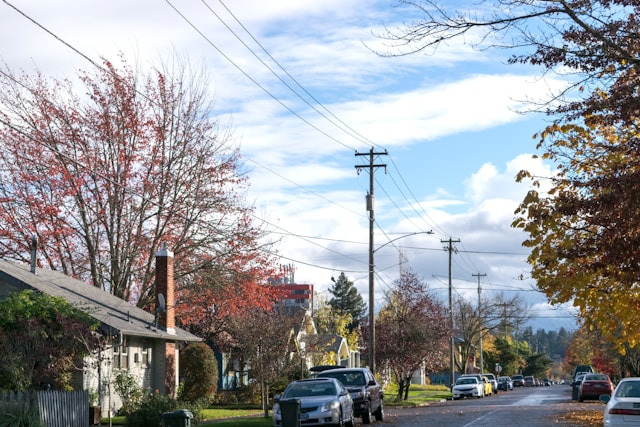The rise of platforms like Airbnb has revolutionized the hospitality industry, offering travelers unique lodging options while enabling property owners to generate additional income.
However, this rapid growth has prompted cities across the United States to establish regulations to manage the impact of short-term rentals on local communities. Eugene, Oregon, is no exception. This blog post delves into the specifics of Eugene’s short-term rental regulations, providing a detailed guide for property owners and investors.
Understanding Short-Term Rentals in Eugene
Short-term rentals, often synonymous with Airbnb, refer to properties rented out for periods typically shorter than 30 days. These rentals can range from single rooms in a home to entire properties. In Eugene, the popularity of short-term rentals has surged, driven by the city’s vibrant culture, outdoor activities, and proximity to the University of Oregon.
Regulatory Framework for Short-Term Rentals in Eugene
Licensing and Registration
Eugene requires all short-term rental operators to obtain a business license. This license ensures that the city can track the number of active rentals and enforce regulations effectively. The process involves:
- Application Submission: Property owners must submit an application to the city, detailing the property address, ownership information, and rental management plans.
- Inspection: The property must undergo an inspection to ensure it meets safety and health standards.
- Fee Payment: A licensing fee is required, which varies depending on the type and size of the rental property.
Top 100 Airbnb Rental Markets

Instantly compare the top 100 short-term (Airbnb) rental markets in the US
Zoning Restrictions
Eugene has implemented zoning regulations to control the concentration of short-term rentals in residential areas. Key zoning rules include:
- Residential Zones: In residential neighborhoods, short-term rentals are typically allowed, but there are restrictions on the number of days a property can be rented annually.
- Commercial Zones: Properties in commercial zones face fewer restrictions, allowing for more flexibility in rental duration and frequency.
- Special Zones: Some areas, particularly those near the University of Oregon, have specific rules to balance student housing needs and short-term rental demand.
Occupancy Limits and Safety Requirements
To ensure the safety and comfort of guests, Eugene enforces occupancy limits and safety requirements for Airbnb properties. These include:
- Occupancy Limits: The number of guests allowed in a short-term rental is capped based on the size and type of the property. For example, a two-bedroom home may have a maximum occupancy of six guests.
- Safety Measures: Properties must be equipped with smoke detectors, carbon monoxide detectors, and fire extinguishers. Additionally, emergency exit routes must be clearly marked.
Taxation and Financial Obligations
Short-term rental operators in Eugene are subject to various taxes and financial obligations, including:
- Transient Room Tax: Similar to hotel taxes, short-term rentals must collect and remit a transient room tax to the city. This tax helps fund local tourism and infrastructure projects.
- Income Reporting: Rental income must be reported for state and federal tax purposes. It is advisable to maintain accurate financial records and consult a tax professional to ensure compliance.
Compliance and Enforcement
The City of Eugene actively monitors compliance with short-term rental regulations. Non-compliance can result in fines, suspension of rental licenses, and legal action. Key compliance measures include:
- Regular Inspections: The city conducts periodic inspections of registered short-term rentals to ensure ongoing compliance with safety and zoning regulations.
- Complaint Resolution: A system is in place for neighbors and guests to report violations or issues related to short-term rentals. The city investigates these complaints and takes appropriate action.
Resources for Short-Term Rental Operators
Navigating the regulatory landscape can be challenging, but several resources are available to assist Airbnb operators in Eugene:
- City of Eugene Website: The official website provides comprehensive information on licensing, zoning, and compliance requirements. Eugene Government Official Site.
- Local Associations: Organizations like the Lane County Lodging Association offer support and advocacy for short-term rental operators.
- Professional Services: Legal and tax professionals specializing in short-term rentals can provide personalized advice and assistance.
Conclusion
Operating an Airbnb in Eugene, Oregon, offers exciting opportunities but requires adherence to a detailed regulatory framework. Understanding and complying with local regulations not only helps avoid penalties but also contributes to the community’s well-being. By staying informed and leveraging available resources, short-term rental operators can successfully navigate the complexities of the Eugene market.


